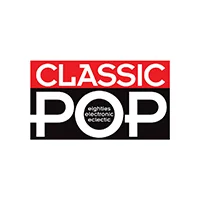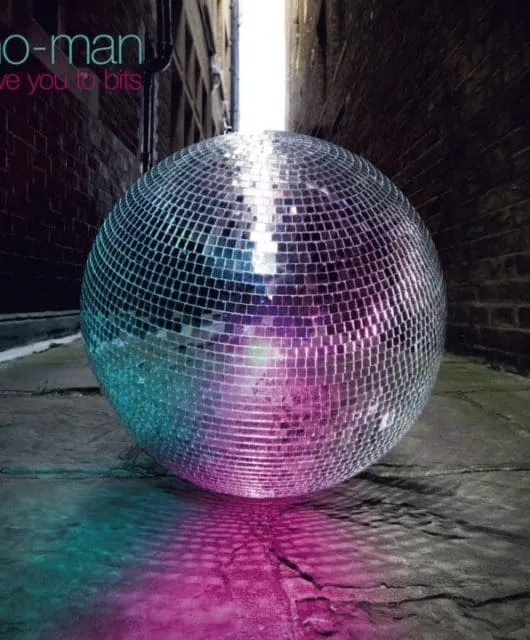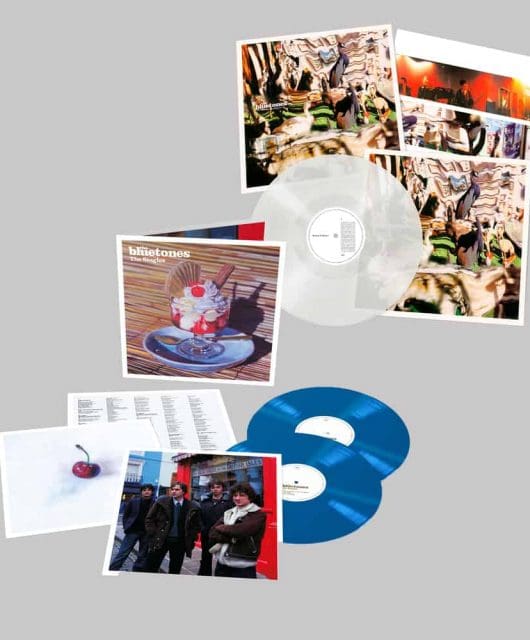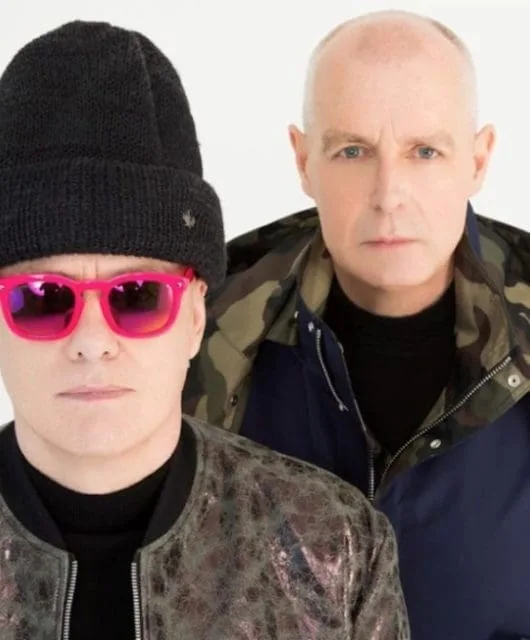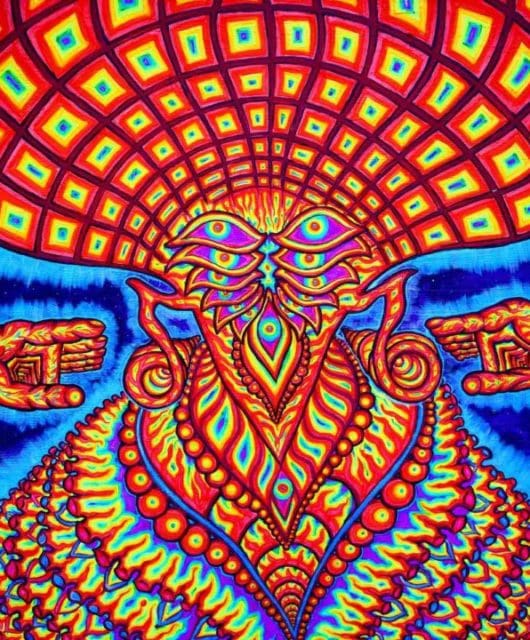LCD Soundsystem – American Dream album review
By Classic Pop | October 17, 2017
 DFA Records/Columbia
DFA Records/Columbia
5/5
When LCD Soundsystem announced they were disbanding in 2011, a considerable song and dance was made about the news: a four-hour show at New York’s 20,000-capacity Madison Square Garden, preceded by four warm-up events at the 3,000-capacity Terminal 5, with a DVD documenting their final stand, Shut Up And Play The Hits, released a year-and-a-half later, and a concert album another 18 months on. It was one hell of a farewell, but fitting for a band who’d helped redefine the musical landscape over the preceding decade.
The revelation, three years later, that they were reforming inevitably aroused suspicions, and that their motivation appeared to be a headline spot at Coachella suggested they may be in it for the money.
There was initially no indication that any new recordings would emerge, but a single, released on 24 December 2015 – Christmas Will Break Your Heart, a far from celebratory track that recalled 2007’s New York, I Love You But You’re Bringing Me Down – suggested it wasn’t beyond the bounds of possibility.
Early last year, news broke that LCD Soundsystem had signed to Columbia Records. For those who’d crossed the globe in 2011 to commemorate their original disbandment, the sense they’d been cheated was hard to set aside. Not only were LCD back within five years, but they’d also signed to a major label, frequently a signal that an ‘indie’ band is willing to sell out, especially when the band’s head honcho – in this case James Murphy – has a label of his own, the influential
DFA Records.
Fortunately, the first sign that they weren’t going to let anyone down came with Call The Police, released this May. A euphoric, seven minute track, it seemed to grow exponentially with each passing chorus, Murphy more and more demented as woozy, Heroes-style guitar lines and Bowie-esque harmonies flew around him, only the driving bassline and motorik rhythm keeping things locked down. It was everything that made LCD so vital the first time around,
and American Dream fulfils – perhaps even exceeds – the expectations it aroused.
Bowie’s influence, as it happens, is notable a handful of times. This isn’t surprising: Murphy previously turned in a stunning, 10-minute remix of Love Is Lost (from 2013’s The Next Day), performed on 2016’s Blackstar – he was also, at one stage, pencilled in to produce a number of tracks – and even told the BBC recently it was Bowie who persuaded him to reform the band. On the frenetic Other Voices, there are Scary Monster-style synths and guitars swinging hypnotically in and out of tune, while Murphy’s pained wail – “You’re just a baby now/You should be uncomfortable” – echoes thoughts Bowie shared when discussing the band’s potential reunion.
In its rhythm and vocals, too, the post-punk sounds of Change Yr Mind offer reminders of No One Receiving, from Bowie’s collaborator Brian Eno’s Before And After Science. To focus on Bowie, however, is to misrepresent the album. How Do You Sleep? Instead starts with all the cheer of an early PiL track, catching a ride with seductive arpeggios until it sounds like a disco tune that’s been completely eviscerated, reminiscent of The Human League’s Being Boiled.
Five minutes in, naturally, the tension overflows, Murphy unleashing another of those incongruous chants of which he’s so fond – “One step forward/ And six steps back” – but opener Oh Baby demonstrates, as his voice soars over its sparkling keyboard lines, how they’re also capable of providing breathtaking moments of crystalline beauty in their quieter moments. The similarly restrained Tonite mesmerises, too, with its pounding rhythm, squelchy synths and Murphy’s increasingly hysterical delivery, like The Killers’ Brandon Flowers doing his best Robert Smith impersonation.
There’s also a profound melancholy to I Used To, Murphy straining for top notes as he confesses, “I’m still trying to wake up”, and on the elegant title track, American Dream – a tune as dejected as the country’s liberals, like OMD’s Junk Culture on a downer – that confirms the group’s unusual, but strangely welcome, capacity to provoke
tears amid festivities.
The closing Black Screen, moreover, is even less cluttered, Murphy seemingly spent, his voice half present. Only a pulsing synth and simple programmed rhythm accompany him for much of it, but eight minutes in the song slowly transforms, improvised piano notes, like memories before sleep, at last filling the empty spaces.
Nonetheless, there’s always one stormer that reveals Murphy’s punk rock roots, and Emotional Haircut is a belter, frantic drums, chugging guitars and a relentless bassline leading to a breakdown that culminates in possibly the year’s finest climax, one oddly suggestive of a sped-up version of U2’s Bullet The Blue Sky.
“It’s so uninhibited it’s easy to forget it’s played by one of the tightest bands out there, and belies the fact that LCD Soundsystem, essentially, do for the body and soul what Radiohead do for the heart and mind.”
Apologies are therefore due for ever having doubted LCD Soundsystem. No one deserves a song and dance more than they, because no one makes a song and dance better.
